Born Sustainable
Sustainability is the starting point and the very essence of our company.
But the sustainability that we care about is not just environmental, it is also social and economic: global SUSTAINABILITY, without any compromise. Maybe we are biased, but the result is truly surprising: we work with total respect for the environment, we support the growth of local communities and we grow a truly exceptional product.
Saving water, one drop at a time.
How many times have you been told that “Water is precious”?
That is not wasted breath but an undeniable and sad truth.
Water resources have decreased by 20% in the last 20 years and over 3 billion people have limited access to this precious resource. Agriculture alone is responsible for 70% of water usage globally. (1)
Until now, that is. Thanks to our advanced production methods, we save 95% of water by only using the right amount that our plants need. Also, our produce is grown in a perfectly pure environment and does not need to be washed. (2,3)
We are driving positive change, one drop at a time.
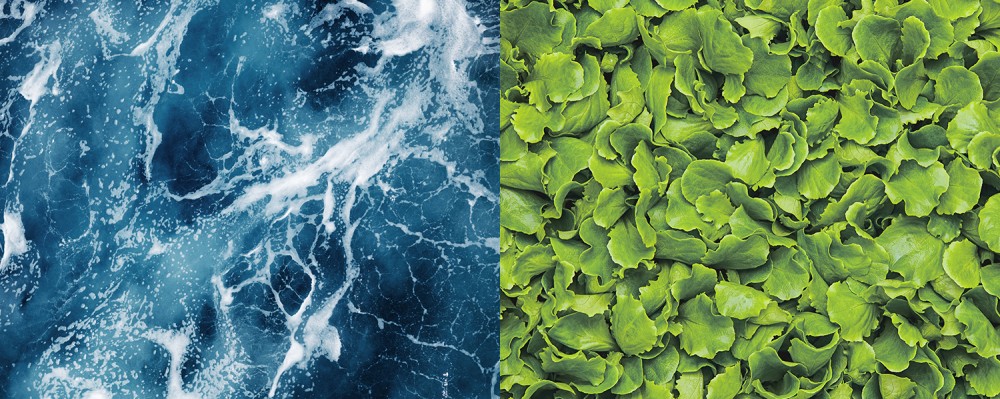
Mother Earth is plan A, and there is no plan B.
Almost 40% of the surface of our Planet is used by agriculture. In the last 40 years, 30% of arable land has become unproductive, and the remaining farmable soil is constantly decreasing. (4,5)
We have managed to find plenty of space though, going vertical. Through Vertical Farming we are able to save 93% of land. In fact, given a set of area, we produce 100 times more than traditional agriculture. And the land we save can be returned to its natural habitat, promoting biodiversity and restoring the Planet. (3,6)
This may sound heavenly, but it's actually down to Earth.
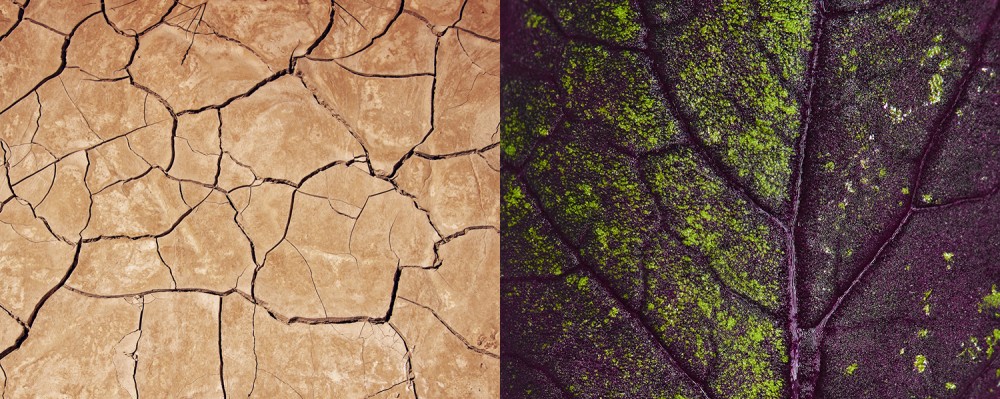
Overpopulation and urbanization need action.
In the next 30 years our population is estimated to top the 10 billion mark while constantly shifting towards urban areas. (4)
Within the crowded picture, Vertical Farming helps cities become self-sufficient. By producing food around dense urban centers and very close to the end consumers, we can deliver fresh and accessible produce every day.
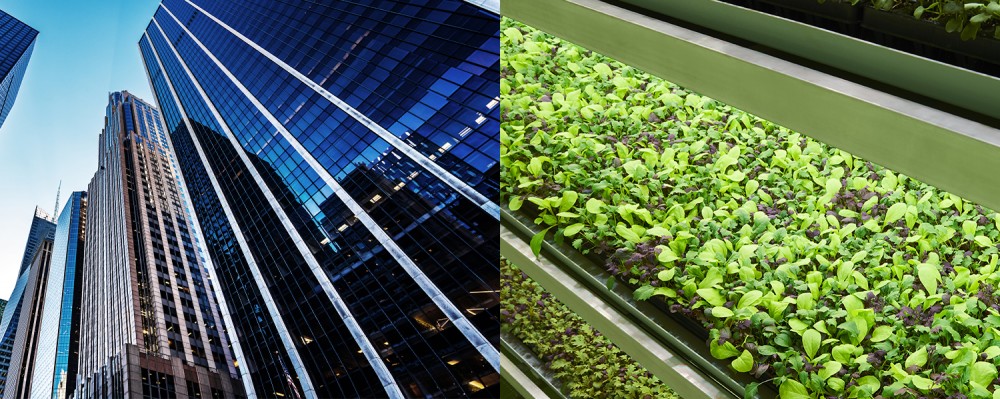
Waste not, want not.
Every year over 1.3 billion tons of food are wasted, approximately 4 times the amount needed to feed the 800 million undernourished people on our Planet. (7)
In agriculture, this food waste is equivalent to flushing out 250 cubic kilometres of drinking water a year (that is 100 million Olympic sized pools!). It’s really mindboggling to think that a third of all productive land is used to farm food that will end up in the trash.
Given our extremely local and integrated supply chain, we reduce Farm-to-Table distances and produce only what is needed, where it’s needed. This goes a long way to reduce emissions and food waste.
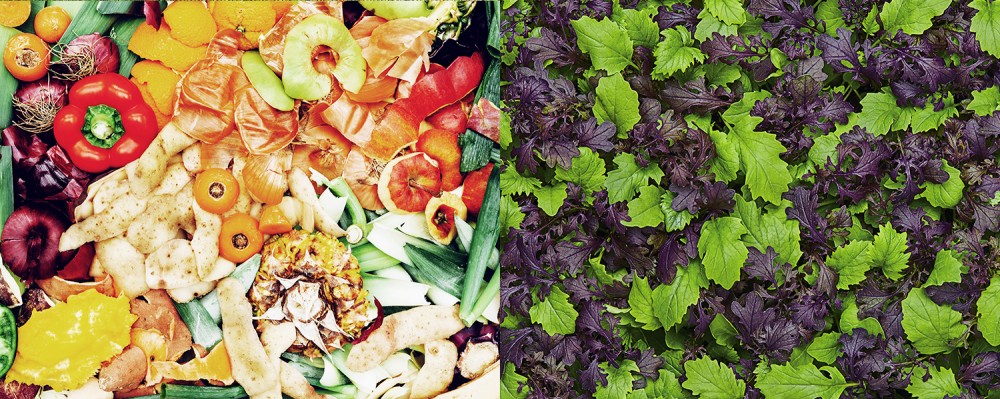
Safety or Security?
We talk often about Food Safety when describing health and nutritional aspects, while we talk of Food Security with regards to produce accessibility. (8)
These two aspects of the food ecosystem are often difficult to reconcile in traditional agriculture, given the challenges posed by an ever more unpredictable climate.
But nothing is impossible for Vertical Farming! We can safely assume that our plants just want to grow and procreate. They have neither the time nor the desire to protect themselves from external factors. Can you blame them? This is why at Planet Farms we thrive for both Food Safety and Security, while keeping the needs of our plants front and center in our system. We grow them in controlled and uncontaminated environments, free from pathogens, where all elements needed for growth are delicately tailored, with no pesticides or herbicides. (3)
A pure, untreated seed enters our facilities and a bag (mainly made of paper) of ready-to-eat product comes out. Food with an authentic, sustainable, traceable taste and maximum freshness.
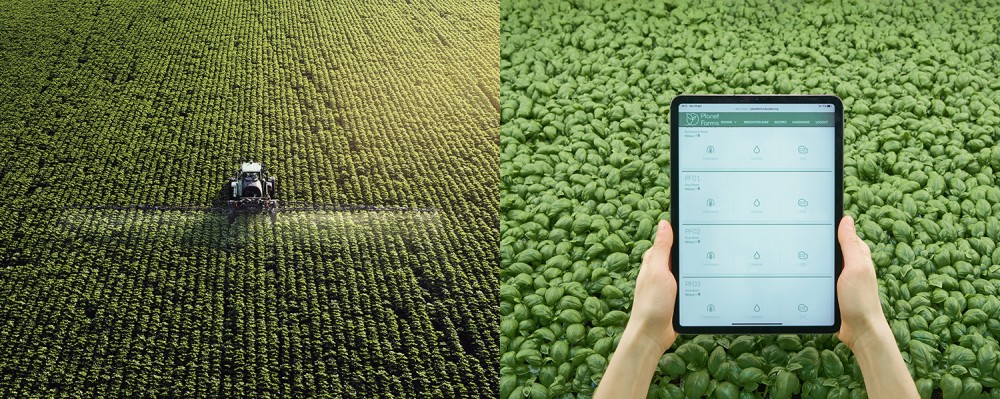
A world of objectives
Could we improve our living conditions without depleting the resources of those who will come after us?
Sustainable Development Goals
This is precisely the great process we call sustainable development, based on the sharing of ideas and knowledge, aimed at improving everyone’s life while respecting our Planet. Easier said than done? Not if we set ourselves specific objectives that all countries need to achieve.
With this in mind, we fully embrace the UN Sustainable Development Goals. Paying maximum attention to climate and nature, we are committed to structuring each production process responsibly, so as to provide excellent produce to anyone, anytime and anywhere. So, day after day, we can really make our children's future better by sharing these goals with our investors, partners, suppliers and customers.
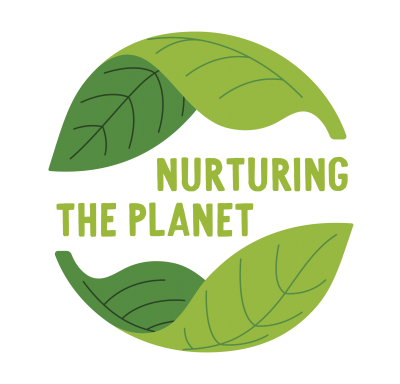
Big changes require, as you know, small steps.
So, we decided to set specific goals, to be updated annually. People, food and the environment are closely interconnected, and we believe that to create a more sustainable world, we must address them all with a circular and continuous line of actions.
Our goals this year?
Discover more about ESG goals on the United Nations website [3, 12, 6]
Impact & ESG: Our Sustainability Path
In our first sustainability report you will find hard data, our biggest achievements of 2023, information on why, where and how we invest our energy, and the dreams we grow to create a better future, today. In particular, you will learn more about our impact on the Planet, our approach to social responsibility and our take on corporate governance.
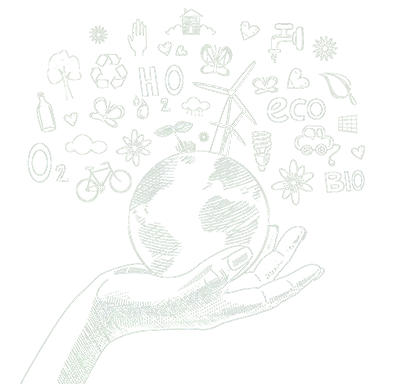
Sources
1. Emadi, M. H., & Rahmanian, M. (2020). Commentary on challenges to taking a food systems approach within the food and agriculture organization (FAO). In Food Security and Land Use Change under Conditions of Climatic Variability (pp. 19-31). Springer, Cham.
2. Avgoustaki, D. D., & Xydis, G. (2020). Indoor vertical farming in the urban nexus context: Business growth and resource savings. Sustainability, 12(5), 1965.
3. Data on file
4. Shukla, P. R., Skea, J., Calvo Buendia, E., Masson-Delmotte, V., Pörtner, H. O., Roberts, D. C., ... & Malley, J. (2019). IPCC, 2019: Climate Change and Land: an IPCC special report on climate change, desertification, land degradation, sustainable land management, food security, and greenhouse gas fluxes in terrestrial ecosystems.
5. Barilla Center for Food and Nutrition, Nourished Planet: Sustainability in the Global Food System, edited by Danielle Nierenberg, Island Press, 2018 (EAN/UPC 9781610918947)
6. Naus, T. (2018). Is Vertical Farming Really Sustainable. EIT Food. Available online: https://www. eitfood. eu/blog/po st/is-vertical-farming-really-sustainable (accessed on 7 November 2019).
7. World Health Organization, (2019). The state of food security and nutrition in the world 2019: Safeguarding against economic slowdowns and downturns (Vol. 2019). Food & Agriculture Org.
8. Declaration, R. (1996). Rome declaration on world food security and world food summit plan of action.